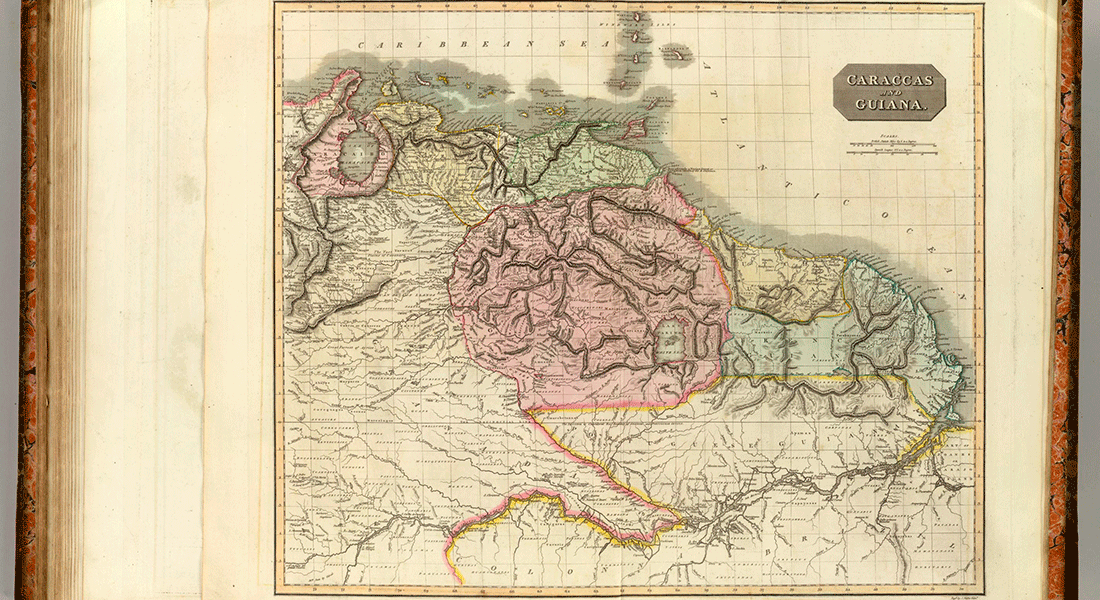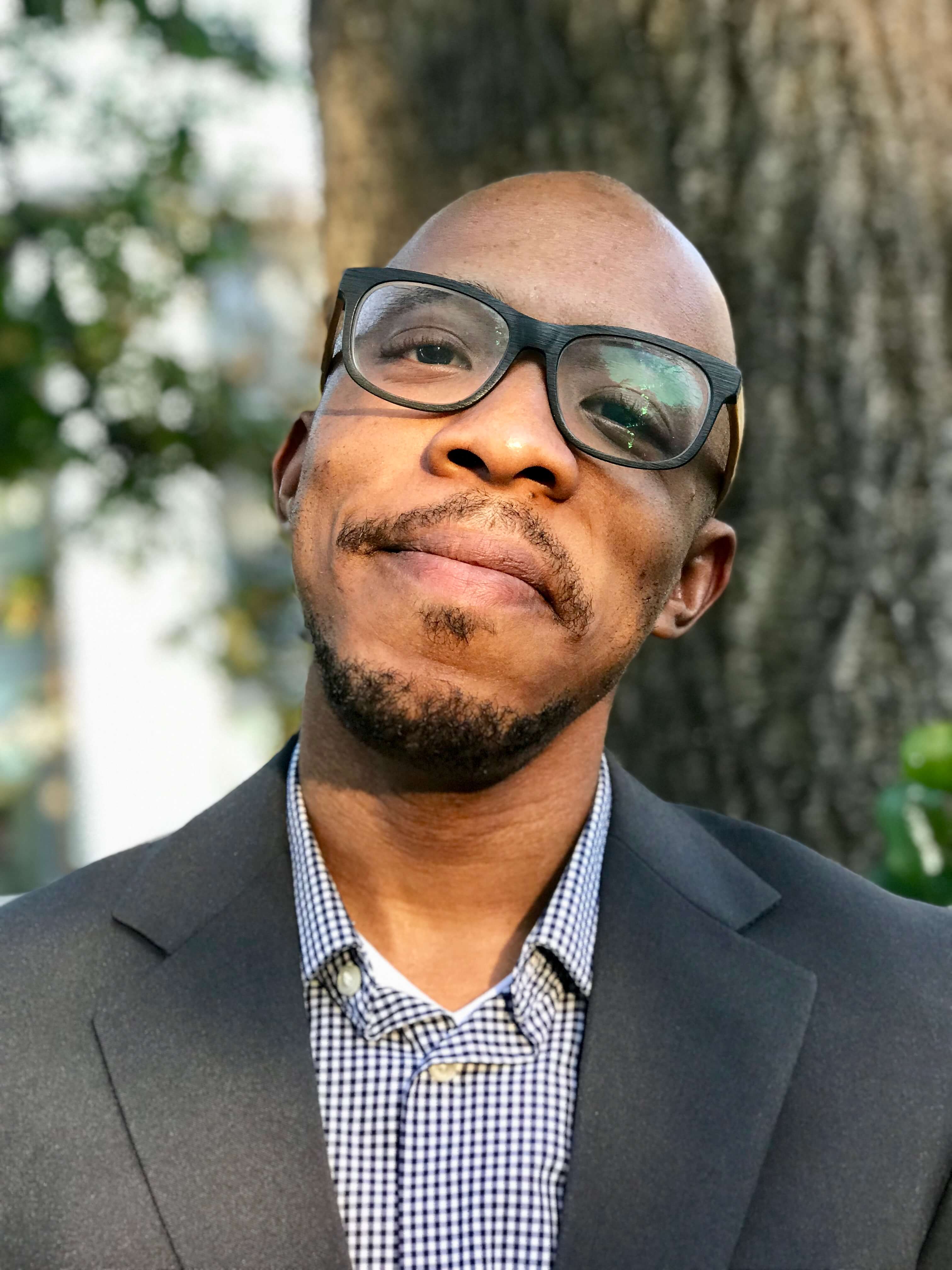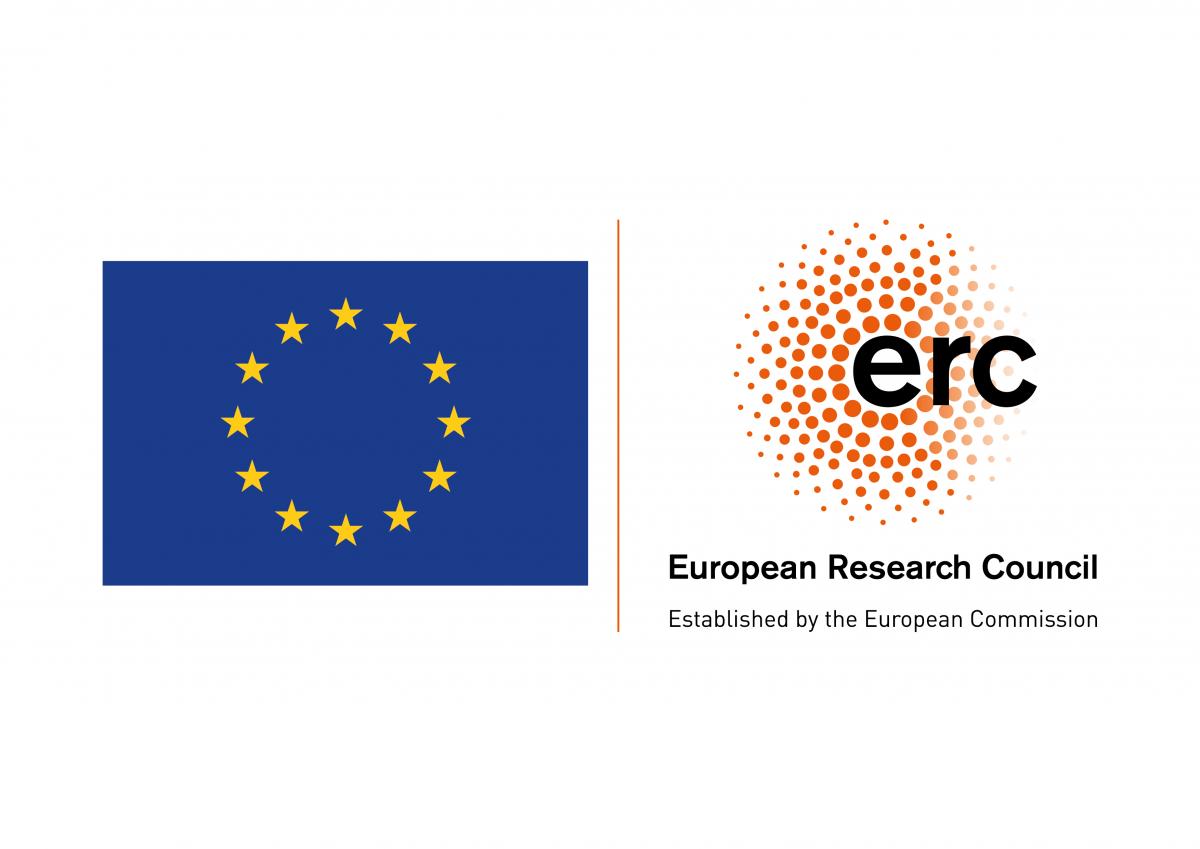Reconsidering Regions of the Atlantic World: The Case of the Revolutionary Greater Southern Caribbean
HUM:Global Talk! with Dr. Dexnell Peters, University of the West Indies
 Abstract
Abstract
Regions of the world are historical constructions yet over time they have seemed to become more and more fixed. This public lecture will cut across linguistic and cultural boundaries and re-examine conceptualizations of regions in the Americas and the wider Atlantic World, showing evidence for a very polyglot, cross-imperial and interconnected Greater Southern Caribbean during the late eighteenth and early nineteenth centuries. The second half of the eighteenth century saw the growth of the Windward Islands, the southern Dutch Antilles and the southern rimland. These developments, together with the continued importance of well-established Barbados, make it possible to conceive of a new zone of interaction, encompassing Venezuela and its offshore islands, the Guianas, Trinidad and Tobago, and the Lesser Antillean chain from Dominica to the Grenadines. Historians continue to reconsider the boundaries of the Caribbean, resulting in a shifting understanding of traditional regions in the Americas. They now increasingly focus on the relationships between the islands and territories of North, Central and South America that touch the Caribbean Sea.
This lecture will explore the strong connections from most of the Lesser Antilles to the Spanish mainland and the Guianas. Furthermore, it will claim that the Southern Caribbean had special importance in the context of the Atlantic World since it helped to connect the North and South Atlantic. Southern Caribbean colonies were a source of news about events on the South American continent especially during the Spanish American War of Independence. Economic, political, scientific, and even missionary networks also consolidated across the sub-region and helped to forge new bonds across the North and South Atlantic. Ultimately, the Revolutionary Greater Southern Caribbean provides a good case to reconsider how regions are constructed and how they change over time.
Bio
 Dr Dexnell Peters is currently Lecturer in Caribbean and Atlantic History at the University of the West Indies, Mona campus. He was previously a Teaching Fellow at the University of Warwick and Supernumerary Fellow and Bennett Boskey Fellow in Atlantic History at Exeter College, University of Oxford. Peters has a PhD in Atlantic History from Johns Hopkins University and is broadly interested in the history of the Greater Caribbean and the Atlantic World. Peters’ current research project, through the main themes of geography and the environment, inter-imperial transitions, migration, the plantation economy, politics and religion, makes a case for the rise of a Greater Southern Caribbean region (inclusive of Venezuela and the Guianas) in the late eighteenth century, showing evidence for a very polyglot, cross-imperial and interconnected world. His first book, written in collaboration with historian Shane Pantin at the University of the West Indies (UWI) St. Augustine, focused on the history of the campus’ Guild of Students in commemoration of the organization’s fiftieth anniversary and covered key issues of student movements, decolonization and post-independence in the former British Caribbean colony of Trinidad & Tobago.
Dr Dexnell Peters is currently Lecturer in Caribbean and Atlantic History at the University of the West Indies, Mona campus. He was previously a Teaching Fellow at the University of Warwick and Supernumerary Fellow and Bennett Boskey Fellow in Atlantic History at Exeter College, University of Oxford. Peters has a PhD in Atlantic History from Johns Hopkins University and is broadly interested in the history of the Greater Caribbean and the Atlantic World. Peters’ current research project, through the main themes of geography and the environment, inter-imperial transitions, migration, the plantation economy, politics and religion, makes a case for the rise of a Greater Southern Caribbean region (inclusive of Venezuela and the Guianas) in the late eighteenth century, showing evidence for a very polyglot, cross-imperial and interconnected world. His first book, written in collaboration with historian Shane Pantin at the University of the West Indies (UWI) St. Augustine, focused on the history of the campus’ Guild of Students in commemoration of the organization’s fiftieth anniversary and covered key issues of student movements, decolonization and post-independence in the former British Caribbean colony of Trinidad & Tobago.
UCPH Project Page
Personal page
University of the West Indies
Registration
Register to reserve your seat.
Map of South Campus
View directions.
View on map of the Faculty of Humanities - South Campus.
View map of South Campus (pdf).
Funding

